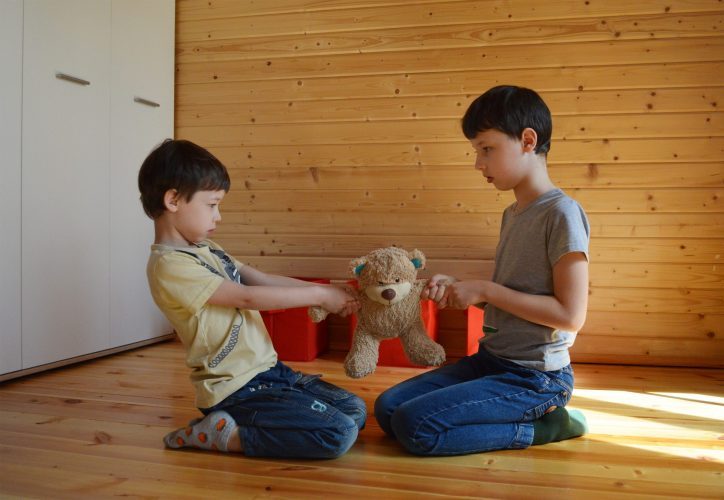Ananda Marga Members Concern/Complaints Procedure
The procedure has 2 stages.
Initial mediation.
An underlying principle in Ananda Marga is that individual and collective development takes place through both cohesive and conflicting (clash and cohesion) dynamics. A conflict can be perceived as potentially useful for the progress of individuals and the collective. Therefore, it is expected that members will initially take responsibility to try to resolve discords or conflict themselves with due care for the well-being of all involved.
- Issues that arise should ideally be dealt with directly at the time by the parties involved.
- Members are asked to be respectful and to be prepared to listen to the other person’s point of view.
- They are also asked to be willing to reflect on their own actions and how these may have contributed to the conflict.
If parties are unable to resolve the matter themselves it can be raised verbally with a Regional Board Member – Board Members may delegate a trusted individual to fulfil this role – the Delegated Person.
- The Regional Board will ensure there are two board members or Delegated Persons at all face to face events who will have responsibility to deal with issues/concerns that arise. One of the Board members/Delegated Persons will have the main responsibility in that role for the event. The 2nd person is needed as contingency in the event that the 1st person is related or is a close friend of one of the parties involved.
- The Board Member/Delegated Person will, as soon as possible after being informed of the issue, set up a face to face conversation with the parties and act as a mediator.
- Both parties will have the opportunity to explain their position, their feelings about what happened and what they expect as an outcome. The Board Member’s/Delegated Person’s role is to act as Mediator ensuring that both parties have the opportunity to speak and to listen. The aim is to resolve the matter at this point.
- If the issue arises at an event such as a retreat/conference this conversation should take place before the end of the event so that wherever possible the matter is resolved at this point.
- If the matter is referred to the Board Member/Delegated Person following the event this conversation should be arranged within 7 days. The matter can be referred through a phone call. This is preferred to a written message at this stage. For the meeting, an online platform may be needed if distance and travel prohibit an early face to face meeting.
- The same ground rules regarding listening and respecting each other’s views will apply as in a face to face meeting. Again, the aim is to resolve the matter at this stage.
- The Board Member/Delegated Person will check with each party involved to ensure they are satisfied with the resolution.
- Any outcomes from this resolution may be passed on to the Regional Board Members who may decide on any changes that may be needed to enhance event experiences for participants.

